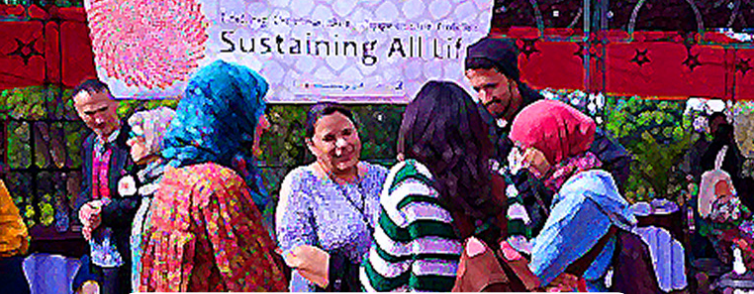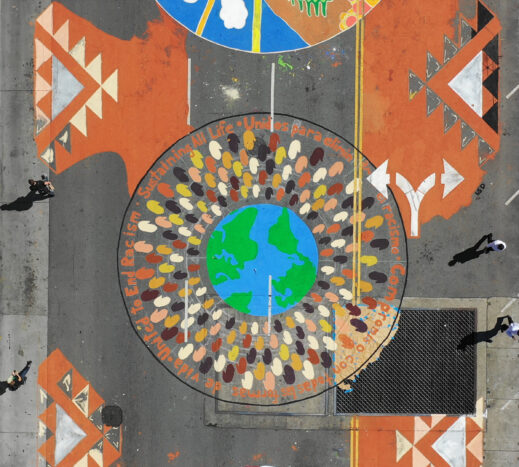
Climate change has had a devastating impact on South, Central, and West Asia—from the rise in sea level, to heat waves in Iraq and India, to droughts in Central Asia, to floods in Pakistan and Bangladesh. The greatest impact has been and will be on the poorer countries and communities in these regions, those least able to protect themselves. People in these regions are already suffering from widespread disease and a decline in agricultural production.
View this resource
as PDF >>
****
View this resource
in French>>
****
View this resource
in Hindi >>
****
View this resource
in Spanish>>
Climate change is being felt in the context of an already prolonged environmental crisis that is largely the result of the wars in Iraq, Afghanistan, Pakistan, Syria, and Yemen. These wars have already seriously degraded the natural environments of these countries. They have ruined agricultural lands, contaminated soil, increased desertification, polluted water, destroyed wildlife habitat, and, of course, caused millions of civilian deaths as well as mass migrations.

It is a cycle of destruction. War accelerates climate change by degrading the environment. Climate change causes drought and famine. Then, under these conditions, violence, war, Islamophobia, and racism targeting Arabs and Muslims are easily incited. All of this makes it more difficult to unite and end war and its impact on the environment.
Despite all the above, the situation is hopeful. It is possible to limit the effects of climate change and completely restore the environment.
Big problems require big solutions. The people of South, Central, and West Asia can play a key role in finding solutions that leave no human behind; that do not pit one group against another; that do not allow one group of people to benefit by taking advantage of another; that focus on collaboration, not division; that unify more and more people; and that focus on decisive actions to sustain all life.
People also need to become aware of where they may have “benefited” from the oppressive policies, and recover from the confusions that have led them to not challenge them.
Sustaining All Life offers tools to individuals and organizations to support the development of these big solutions. Using these tools, people are able to heal from emotional hurts, for example, by telling their personal stories about how they have been affected by the following:
- War and other violence
- Destructive movements
- Islamophobia
- Refugee crises and migration
- Poverty
- Droughts, floods, and other extreme weather
- Reliance on fossil fuel
With healing comes clearer thinking and more accurate perspectives. Then it is more possible to build a united environmental movement. As a united force, the people of South, Central, and West Asia can play a key role in sustaining all life on Earth.


